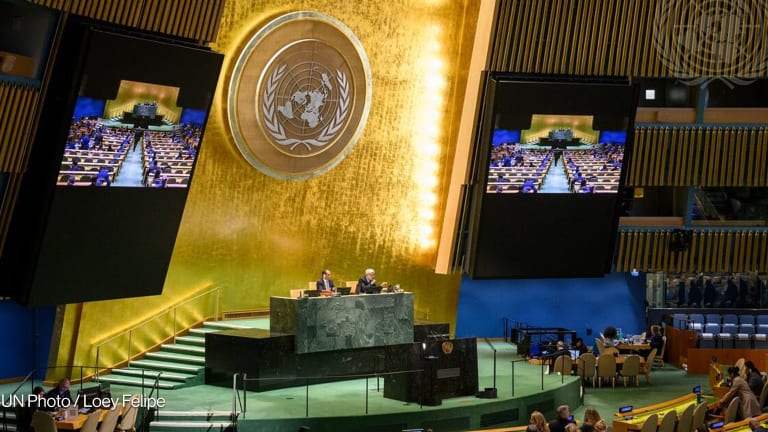The Trump administration’s dismantling of the U.S. Agency for International Development has had an immediate effect on the global health areas the agency has prioritized such as HIV, nutrition, reproductive health, infectious diseases, maternal and child health care, and neglected tropical diseases.
However, the damage won’t stop there. It’s also expected to have an impact on the management of noncommunicable diseases, or NCDs, Katie Dain, chief executive officer of the NCD Alliance, told journalists at the organization’s conference in Kigali this week.
While USAID hasn’t played a significant role in funding the response to these diseases, the major halt in funding is expected to have “a ripple effect on all different health issues,” she said.








